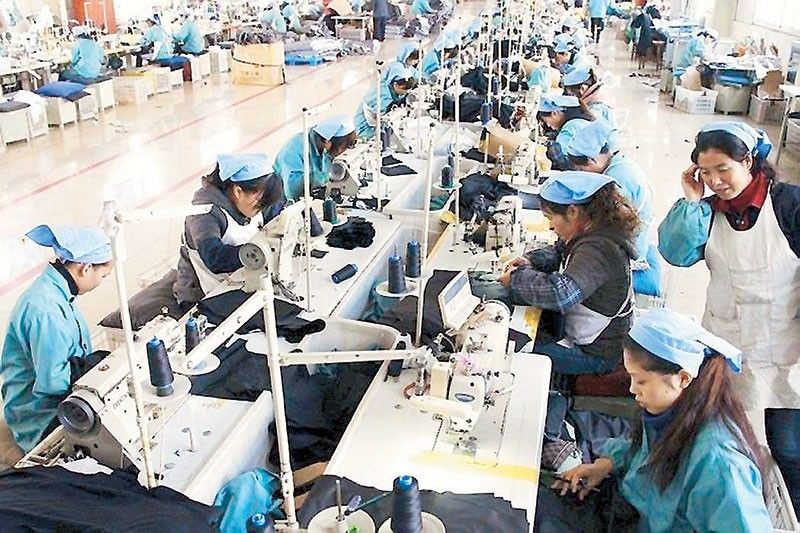Manufacturing output slips anew in February

MANILA, Philippines — The Philippine manufacturing sector expanded at its slowest pace in 11 months as growth in new orders and output softened.
S&P Global said in a statement that the Philippines’ purchasing managers’ index (PMI) went down for the second straight month to 51 in February from 52.3 in January.
The PMI, a gauge of manufacturing performance, is based on a survey of around 400 manufacturers and considers the following: new orders, output, employment, suppliers’ delivery times and stocks of purchases.
A reading over 50 means an overall increase compared to the previous month, while below 50 indicates a decline.
“Robust growth observed from the end of the previous year into the beginning of this year waned in February, as the latest survey data indicated slower expansions in output and new orders,” S&P Global Market Intelligence economist Maryam Baluch said.
New factory orders in February registered the weakest increase in seven months, while growth in new export orders also slowed.
Output growth in February was also at its softest since July last year.
In response to the moderated growth in new orders and output, manufacturers increased purchasing activity at a slower rate.
Rizal Commercial Banking Corp. chief economist Michael Ricafort said in an email that the latest PMI result is “partly reflecting the seasonal slowdown in demand and production or manufacturing activities upon crossing the new year, after the seasonal increase in demand or sales for many businesses or industries during the Christmas holiday season.”
Despite the slower growth in new orders and output, Baluch said the manufacturing sector’s employment levels rose for the first time in three months, as companies struggled to meet sustained demand improvements, as indicated in a fresh rise in backlogs.
As inflationary pressures eased, she said the central bank may proceed with loosening its monetary policy.
“This could in turn boost somewhat weakened business confidence and support further new order growth,” she said.
Inflation or the rate of increase in average prices of consumer goods and services, was at 2.9 percent in January, unchanged from the previous month.
At its Feb. 15 policy meeting, the Monetary Board decided to keep the target reverse repurchase rate unchanged at 5.75 percent.
Over the next 12 months, manufacturers in the Philippines are optimistic about production as they expect continued improvement in demand trends and a boost from the upcoming election.
However, S&P Global said the degree of confidence has weakened to a 10-month low.
- Latest
- Trending





























